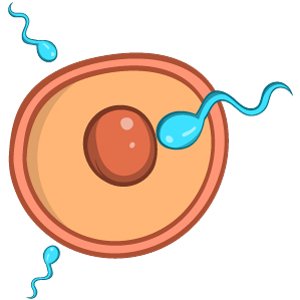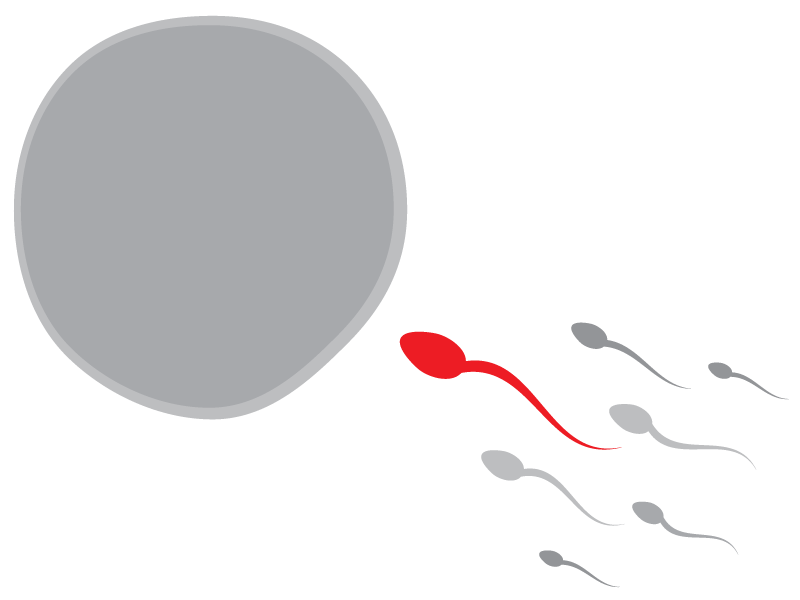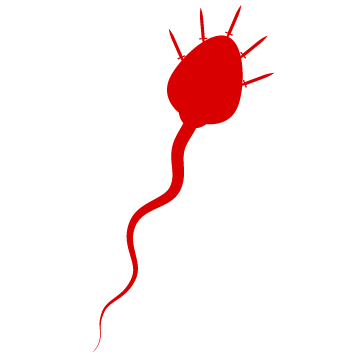
What is Physiological Intra-Cytoplasmic Sperm Injection (PICSI)
Physiological Intra Cytoplasmic Sperm Injection PICSI is an advanced sperm selection technique used in conjunction with IVF (in vitro fertilization). It aims to choose the healthiest sperm for fertilization, potentially improving the chances of successful implantation and pregnancy.
PICSI Procedure Step-by-Step
PICSI involves these general steps:
- Semen collection and preparation: Similar to standard IVF, a semen sample is collected.
- Sperm selection: The semen is processed, and sperm cells are placed in a specialized dish containing a solution with hyaluronic acid (a substance naturally present in the egg’s surrounding area).
- Motile sperm binding: Only mature sperm with good motility are attracted to and bind with the hyaluronic acid.
- Selection of bound sperm: These bound sperm are considered potentially healthier and more likely to successfully fertilize an egg.
- ICSI: The selected sperm are then used for ICSI, where a single sperm is injected directly into an egg for fertilization.

Cost of PICSI Treatment (2024)
In 2024, Physiological Intracytoplasmic Sperm Injection (PICSI) treatment typically ranges between ₹100,000 and ₹230,000 in addition to the base cost of in vitro fertilization (IVF), which itself can range from ₹800,000 to ₹1,000,000 per cycle. PICSI is an advanced reproductive technology used in conjunction with IVF to select sperm based on their ability to bind to hyaluronic acid, aiming to increase the likelihood of successful fertilization and embryo development.
The total cost can vary significantly based on factors such as the fertility clinic’s location, the specific services included in the treatment package, and any additional procedures or medications required. While this technique can add a notable expense to the overall cost of fertility treatment, many couples consider it a worthwhile investment for its potential to enhance fertility outcomes.


PICSI vs ICSI
Both PICSI and ICSI are techniques used in IVF, but they serve different purposes:
- ICSI: Bypasses the natural fertilization process by injecting a single sperm directly into an egg. ICSI is helpful for various male infertility factors like low sperm count or poor motility.
- PICSI: Focuses on selecting the healthiest sperm within a semen sample before ICSI. PICSI aims to improve the quality of sperm used for fertilization, potentially leading to better embryo development and implantation.
Benefits of PICSI for Miscarriage Prevention
The theory behind PICSI is that selecting sperm with better maturity and motility may lead to healthier embryos with a lower risk of miscarriage. However, more research is needed to definitively establish PICSI’s effectiveness in preventing miscarriages. While some studies suggest potential benefits, conclusive evidence is still emerging.
FAQs
2. How Successful is PICSI?
The success of PICSI depends on various factors. While some studies suggest potential benefits in terms of fertilization rates and embryo quality, the evidence regarding its impact on pregnancy success rates is still evolving.
3. Is PICSI Covered by Insurance?
Insurance coverage for PICSI varies widely. There may be partial coverage for IVF, but coverage for add-on procedures like PICSI is less common. It's crucial to check with your specific insurance provider to understand their coverage details.
4. Is PICSI Right for My Male Infertility Case?
PICSI might be beneficial if you have:
- Low sperm count
- Poor sperm motility
- Concerns about sperm DNA fragmentation
Talk to your doctor to see if PICSI fits your needs.
5. Does PICSI Increase Pregnancy Success Rates?
The evidence for PICSI's impact on pregnancy success rates is not yet conclusive. Some studies suggest potential benefits, while others haven't shown a significant difference compared to standard ICSI. More research is needed to definitively establish its effectiveness in this area.
6. Benefits of PICSI:
PICSI offers several potential benefits for couples undergoing IVF:
- Better Sperm Choice: PICSI may select sperm with improved fertilization potential.
- Potentially Healthier Embryos: Sperm selected through PICSI could lead to better embryo development.
- Possible Benefit for Sperm Quality Issues: PICSI might be helpful for men with low sperm motility or morphology.
